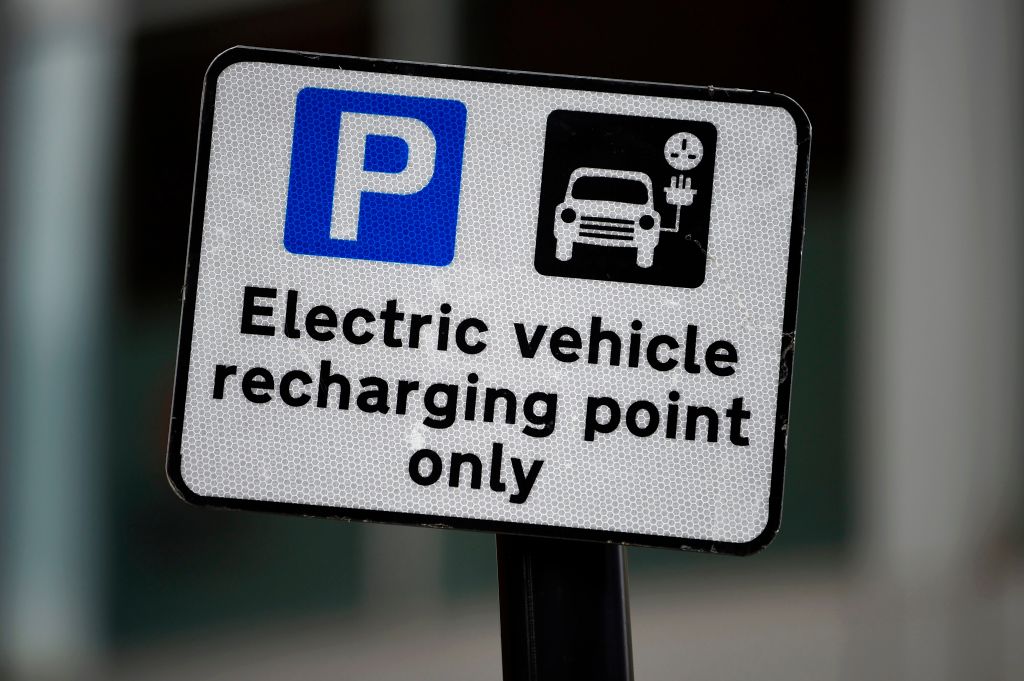Boris Johnson announced his new ten-point plan for Britain’s transition to a net-zero carbon emissions economy this week. It is expected that other countries will follow. The EU has a stated aim of achieving a net-zero economy by 2050, with a 60 per cent reduction in emissions from 1990 levels by 2030. This presents an opportunity to develop British industry to a position where it can capitalise on the opportunities presented.
The word ‘develop’ is doing a lot of work in that sentence, of course. What might it involve? There is certainly an emphasis in the plans announced on more R&D, including innovations around hydrogen and nuclear power, low emission shipping and aviation, and carbon-capture and storage (CCS). But to create a self-sustaining green industrial ecosystem in a decade is likely to need more than just R&D funding. And this is where we might run into problems regarding state aid.
According to the definition on the government’s

Britain’s best politics newsletters
You get two free articles each week when you sign up to The Spectator’s emails.
Already a subscriber? Log in






Comments
Join the debate for just £1 a month
Be part of the conversation with other Spectator readers by getting your first three months for £3.
UNLOCK ACCESS Just £1 a monthAlready a subscriber? Log in